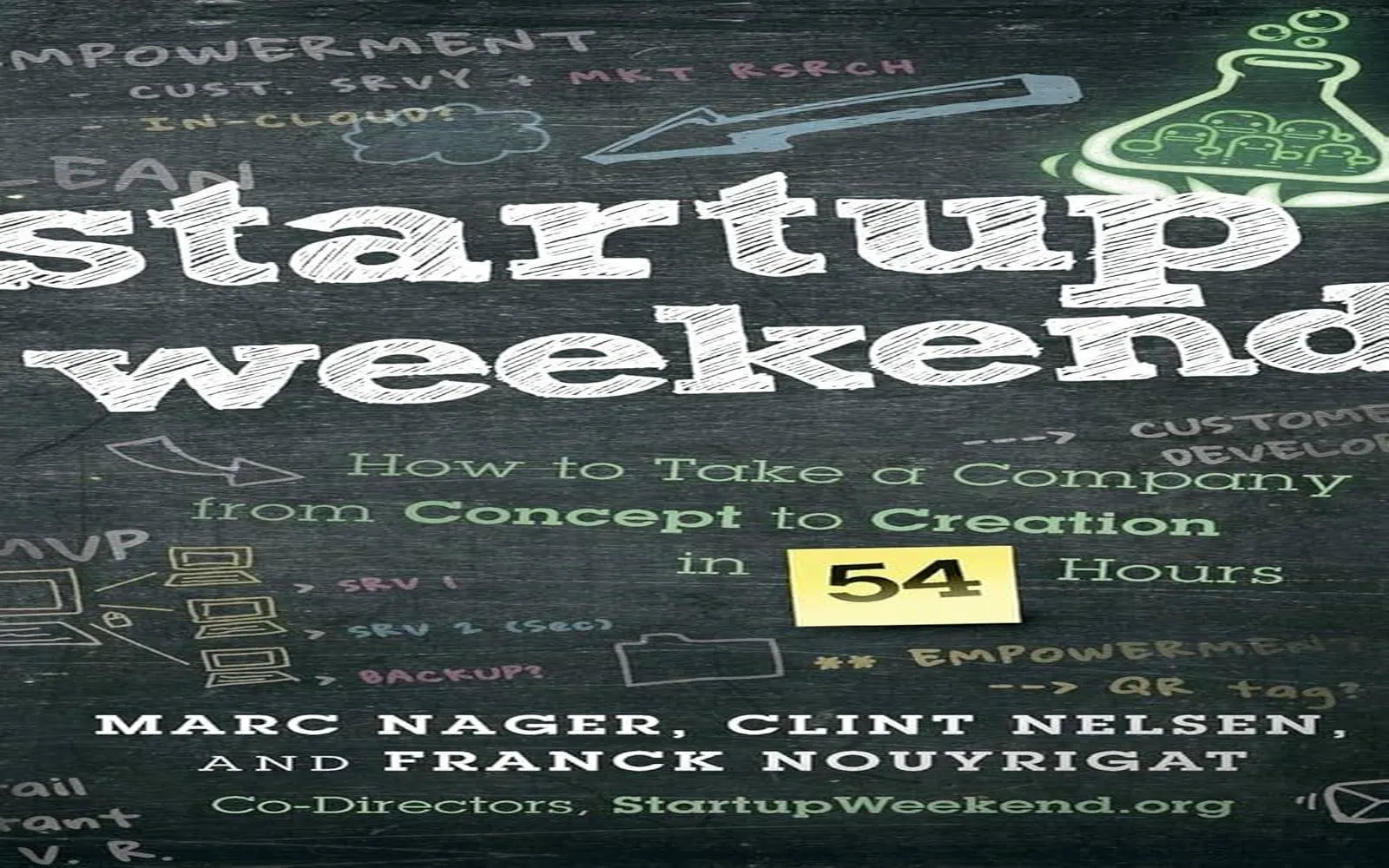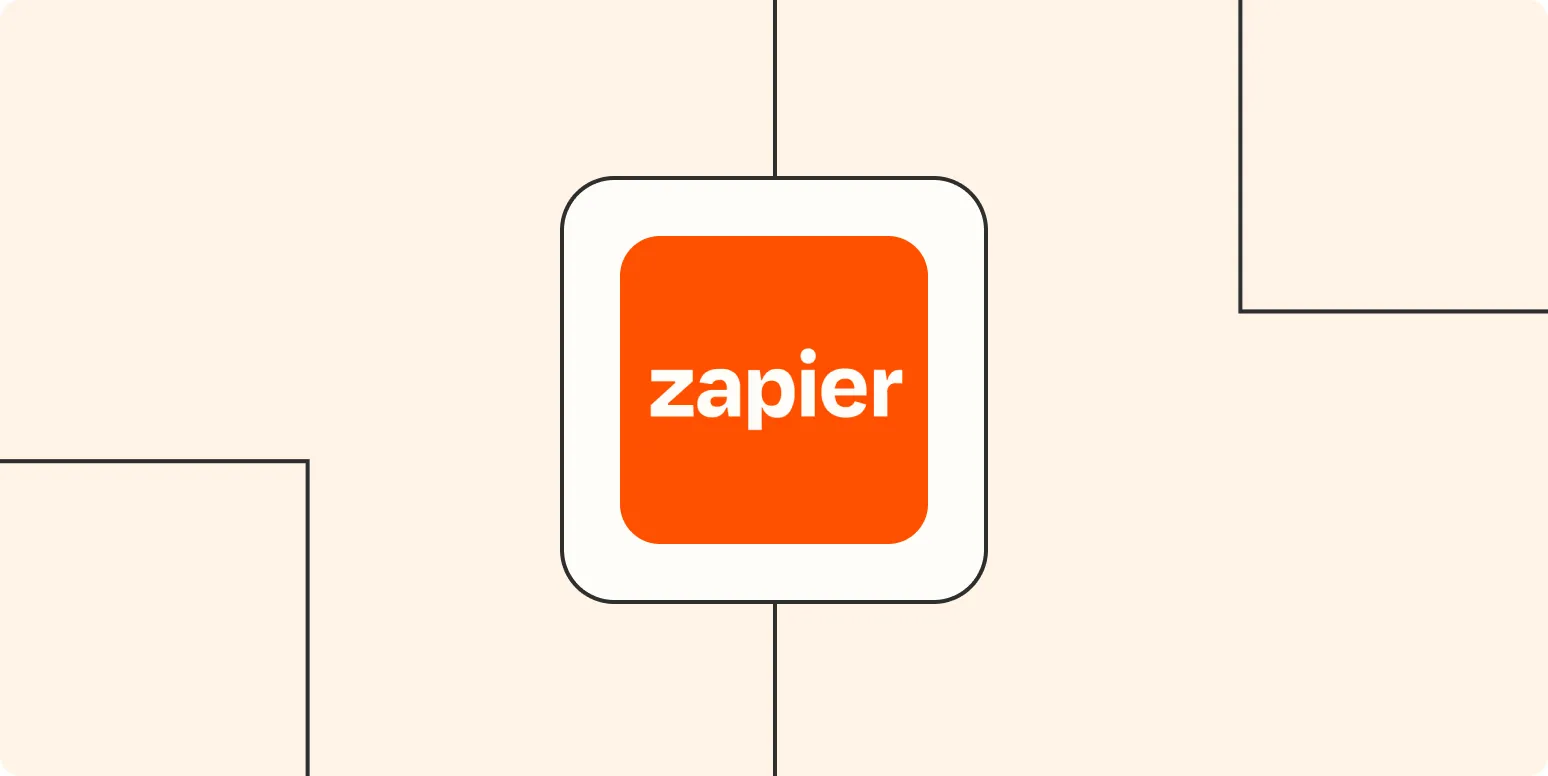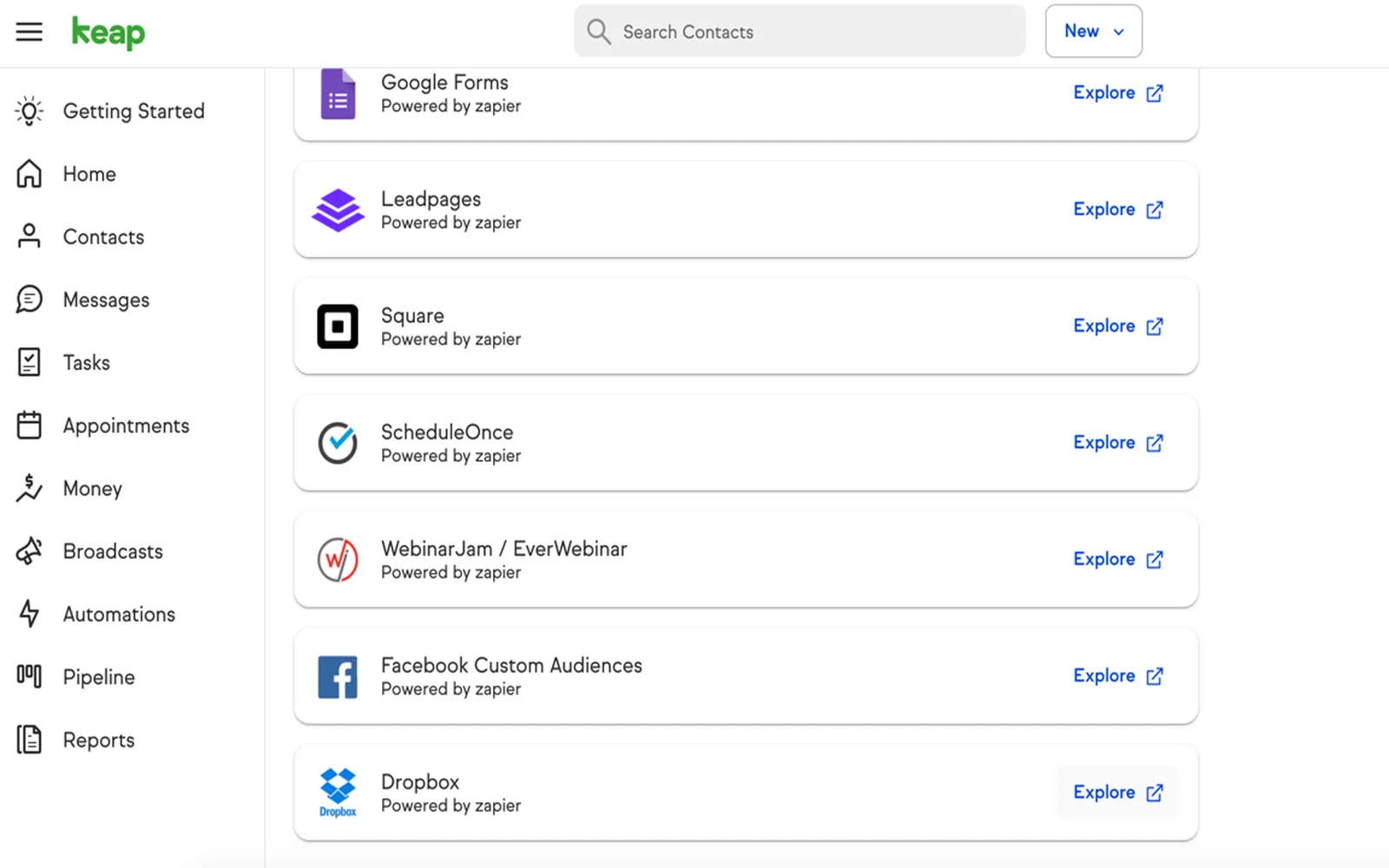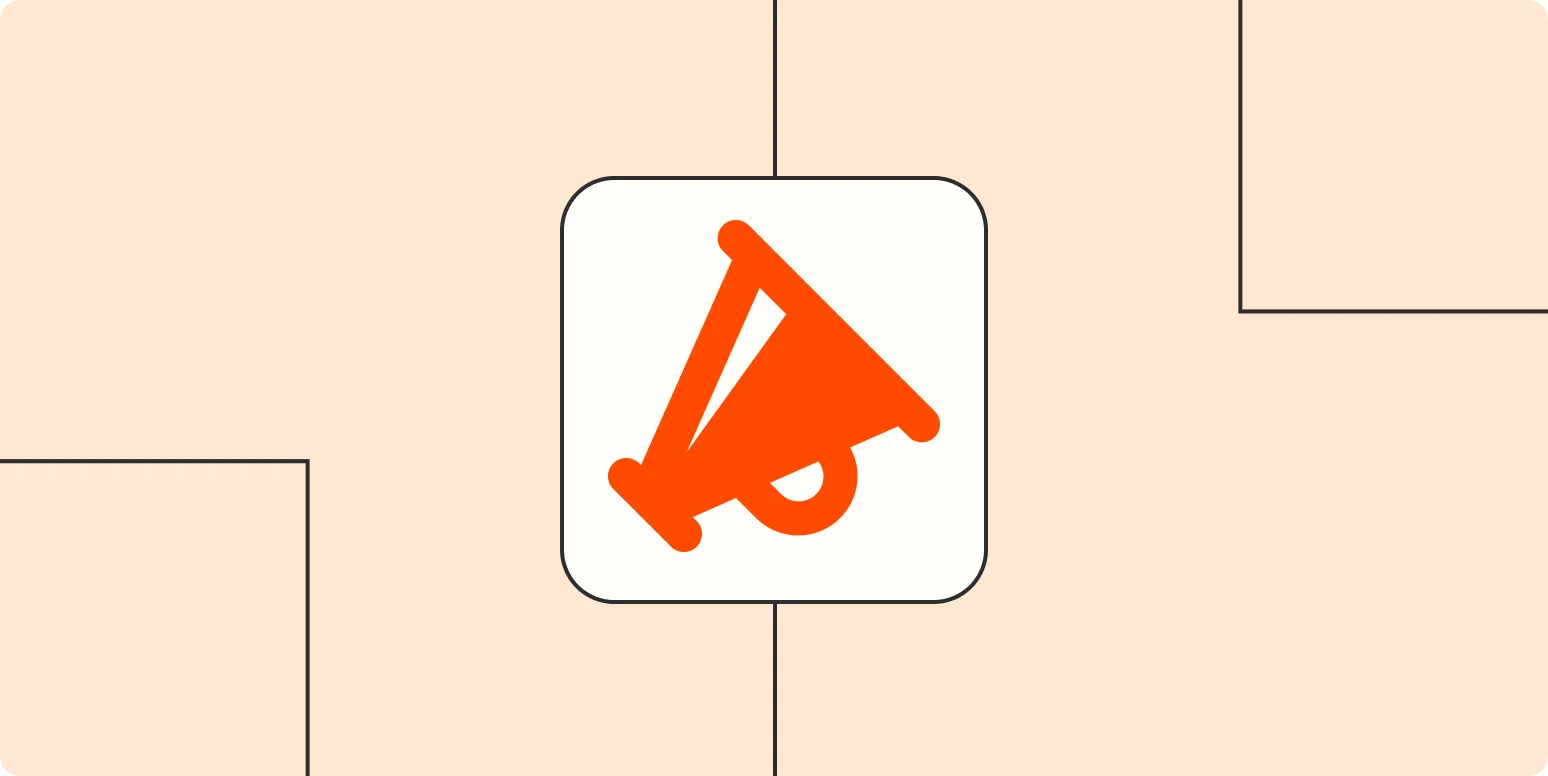The Concept of Startup Weekend
Startup Weekend is an intense 54-hour event that brings together entrepreneurs, developers, designers, and other professionals to collaborate and create a startup from scratch. Participants pitch their ideas, form teams, and work relentlessly to develop a viable business model. The first step in this journey is the idea—a crucial element that sets the tone for the entire weekend.
Identifying Your Idea
At the core of every successful startup is a compelling idea. During Startup Weekend, participants are encouraged to think outside the box and consider innovative solutions to existing problems. The process begins with brainstorming and evaluating potential ideas based on their feasibility, market demand, and scalability.
To streamline this process, it can be helpful to categorize ideas into various sectors. Below is a table illustrating some popular sectors and examples of startup ideas within each category:
| Sector | Example Ideas |
|---|---|
| Health and Wellness | Telehealth services, fitness app, mental wellness platform |
| Technology | AI-driven customer service, blockchain solutions, IoT applications |
| Education | Online learning platforms, tutoring apps, skill development courses |
| Food and Beverage | Meal prep services, plant-based products, food delivery solutions |
| Finance | Personal finance management app, cryptocurrency exchange, peer-to-peer lending |
Evaluating Your Idea
Once participants have generated a list of potential ideas, the next step is to evaluate them critically. Here are some key considerations to keep in mind:
- Market Demand: Is there a target audience for your idea? Conducting preliminary market research can help identify demand.
- Unique Selling Proposition (USP): What makes your idea stand out from competitors? A strong USP can attract users and investors alike.
- Feasibility: Can you realistically implement this idea within the time frame and resources available during Startup Weekend?
- Scalability: Consider whether your idea has the potential to grow and adapt to market changes over time.
Building a Team
Once you've settled on a viable idea, the next step is to build a team. Startup Weekend is a melting pot of talent, and participants often come from diverse backgrounds. The ideal team should comprise individuals with complementary skills, such as:
- Developers: Responsible for the technical aspects of the startup, including coding and software development.
- Designers: Focus on the user experience and visual elements of the product.
- Marketers: Help promote the startup and create a buzz around the idea.
- Business Strategists: Develop the business model and financial projections.
Creating a Minimum Viable Product (MVP)
With a solid team in place, the next challenge is to create a Minimum Viable Product (MVP). The MVP is a simplified version of your product that includes only the essential features necessary to solve the problem at hand. It provides a foundation for testing and gathering feedback from potential users.
During Startup Weekend, time is of the essence. Teams must prioritize their efforts and focus on creating an MVP that effectively conveys the core concept of their idea. This approach allows for quicker iterations and adjustments based on user feedback.
Pitching Your Idea
As the weekend comes to a close, each team must prepare to pitch their idea to a panel of judges and the audience. A successful pitch should include:
- Problem Statement: Clearly articulate the problem your startup aims to solve.
- Solution: Present your MVP and explain how it addresses the problem.
- Market Opportunity: Share insights on target demographics and market size.
- Business Model: Outline how you plan to monetize your startup.
- Call to Action: Conclude with what you want from the audience, whether it’s feedback, funding, or partnerships.
Key Takeaways for Startup Weekend
Participating in Startup Weekend can be a life-changing experience for budding entrepreneurs. Key takeaways include:
- Networking: Build valuable connections with like-minded individuals and industry experts.
- Learning: Gain insights into the startup process, from ideation to execution.
- Feedback: Receive constructive criticism to refine your idea and business model.
In summary, the journey of Startup Weekend begins with the idea. By understanding how to identify, evaluate, and develop your concept, as well as how to effectively pitch it, participants can maximize their chances of success and potentially launch a startup that makes a difference in the market.





